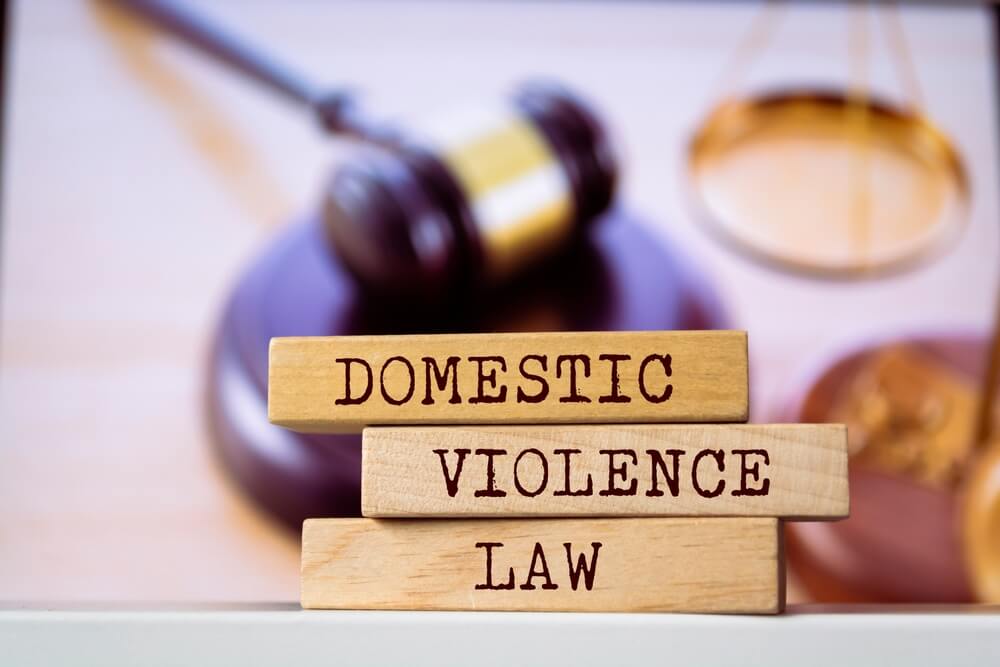

Qualified Legal Representatives (QLRs) are a relatively new phenomenon in the family courts, having been introduced in July 2022. Often those who are appointed a QLR are given little information about what a QLR is and what they do, but it is helpful to know this before your Fact Finding Hearing so you know what to expect before the hearing begins.
What are QLRs
A QLR is a qualified lawyer who is appointed by the court to assist someone who is facing allegations of domestic abuse within family court proceedings. The role of a QLR is to conduct the cross examination of the person making the accusations, on behalf of the person being accused. A QLR is appointed to assist someone who is a litigant in person, i.e. someone who has not appointed a lawyer to represent them in court, and who is therefore representing themselves.
QLRs were introduced following the passage of the Domestic Abuse Act 2021. For many years, lawyers and judges had been pointing out the difficulties of allowing a litigant in person who has been accused of domestic abuse to cross examine their alleged victim directly. It was felt that there was a risk that this may give an abuser an avenue through which they could inflict further abuse on their victim through their questioning. The introduction of QLRs was intended to fix this problem, by giving those accused of domestic abuse their own lawyer, who would be responsible only for conducting the cross examination on their behalf.
What happens when a QLR is appointed
If a judge has said that a QLR should be appointed on your behalf, the first step for the court will be to identify one. You will not be able to choose the identity of your QLR, one will just be assigned to you. Often, the court has a lot of difficulty identifying a lawyer who is willing to act as your QLR, as the rates that QLRs are paid are very low and they are also not allowed to claim travel expenses – put simply, QLR work is unprofitable for most barristers and solicitors, and therefore only a very small number chose to do it.
It is not uncommon for there to be no QLR available at all – if this is the case, the judge in your case is likely to revert back to the old rules and require you to submit your cross-examination questions to the court in advance of the hearing. The judge will then ask your questions to the witness on your behalf, and they may filter out or reword any questions which they consider are inappropriate.
If a QLR is available, they will be given your contact details, to allow them to contact you directly about your case. They will also make arrangements to obtain the court papers so that they can begin their preparation. The QLR will then attend court on the day of the hearing to conduct the cross examination on your behalf.
What can a QLR do for you
It is important to know that the role of your QLR is very limited. Their role is restricted only to conducting the cross examination of the person who has accused you of domestic abuse. This means that they will not address the court on other matters relating to your case, and they will not be able to give you legal advice about the merits of your case. A QLR is not a replacement for an instructed legal representative and therefore you should still consider seeking independent legal advice in respect of any family proceedings to which you are a party.
How we can help ?
If you find yourself navigating family court proceedings and have questions about your options, we’re here to help. Reach out to us at 0203 440 8032 or email family@tvedwards.com for professional advice tailored to your situation.
Disclaimer: The information on the TV Edwards website is for general information only and reflects the position at the date of publication.







